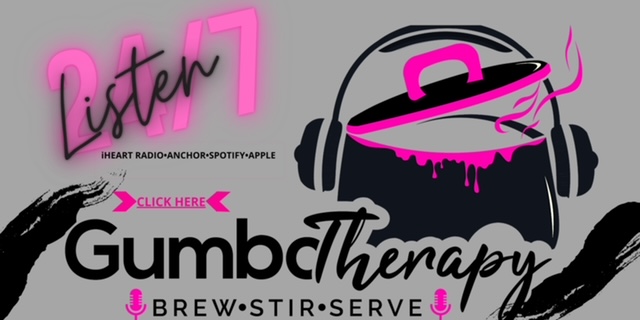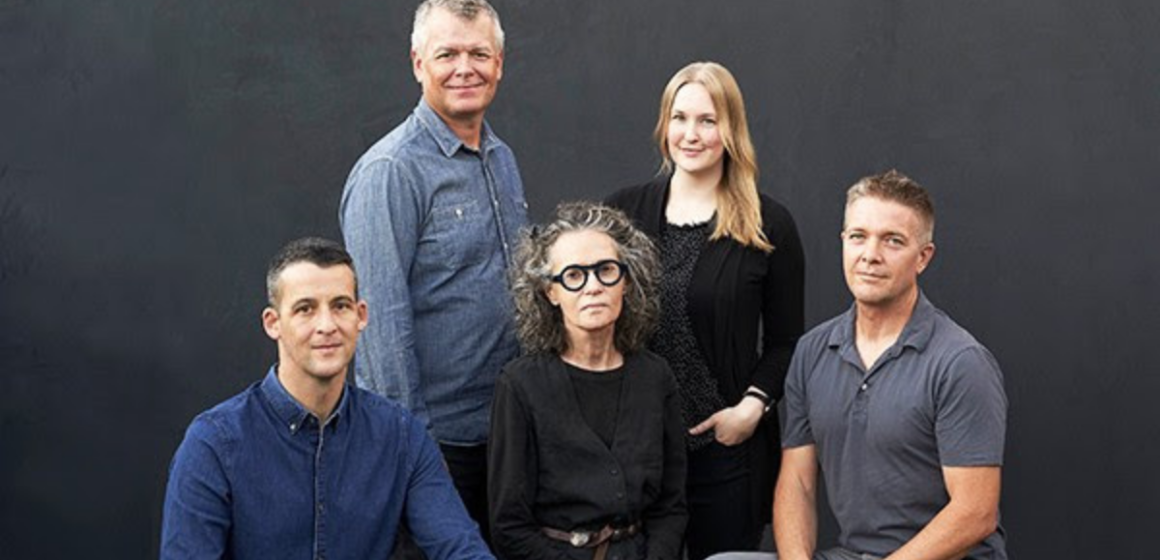An Individual Reckoning and a Path to National Reconciliation
A new website, SpeakingTruth.org, provides a platform for descendants of slave owners to examine their relatives’ beliefs, evaluate those actions and offer a concrete plan to make amends — thereby contributing their voices to renounce America’s history of slavery.

“Speaking Truth opens a new space for individual reckoning, an airing of difficult truths and a path forward to national reconciliation regarding slavery and racism in our culture,” said Michael Zirulnik, Ph.D., one of the founders of the project. “The website will be a source of documentary evidence of our country’s moral journey with its potential for transformation by inviting Americans to share their stories and open channels to discuss structural racism in America, explore opportunity for equity and renounce injustices committed by prior generations of oppressors.”
Conceived by Zirulnik, Rea Bennett and Bobby Walker, the website already hosts several soul-searching videos of individuals telling their personal stories as descendants “who bear the weight of their relatives’ actions while continuing to benefit from the economics of slavery,” Zirulnik said.
Among the questions the Speaking Truth team considers critically important for participants to ask themselves in assessing and developing their very personal responses is this: In your own way, how are you planning to make amends for your ancestors’ actions?
“It is an opportunity for individual Americans to explore their ancestors’ actions and their present day economic and cultural advantages as beneficiaries of the enslavement of people,” he said.
The Speaking Truth team hopes to build a library of, at the very least, between 500 and 1,000 participants, “but we are not setting specific limits because we believe there are thousands of people across the country who have stories to share,” Zirulnik added. “Speaking Truth is not meant to offer redemption, nor does it seek to replace narratives of enslaved people and their descendants,” he said. “Rather, the project proposes a template for ongoing, rigorous discussion regarding the merging of national responsibility and atonement while encouraging an outlet for individuals to consider or deliver on meaningful actions toward equity.”
Individuals interested in participating can visit the website where a clearly marked “button” will take them to a platform through which the videos will be collected and organized.
In addition to the question cited earlier, the Speaking Truth team’s interview guide for interested participants includes the following questions:
• Who was the enslaver in your family’s history and how do you know about them?
• How do you remember learning of this history (how old were you and where were you at the time)?
• As you reflect on this family history, how do you feel?
• What will you do to make amends for your family’s history of enslavement?
“Speaking Truth will function as a repository of documentary evidence of our country’s moral journey with its potential for transformation,” Zirulnik said. “Inviting Americans to volunteer their personal stories will open channels to discuss structural racism in America, explore opportunity for equity and renounce injustices committed by prior generations of oppressors.”


